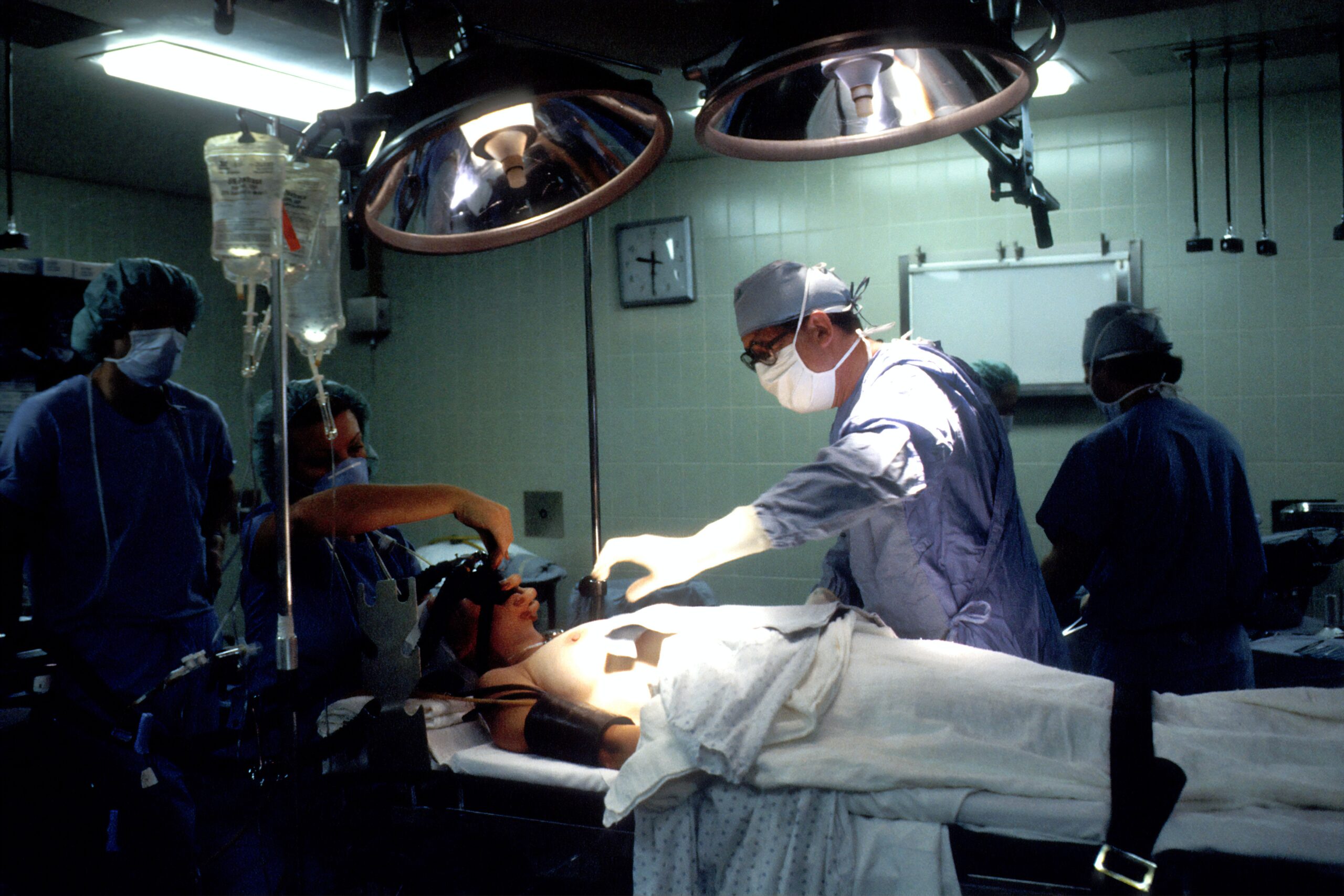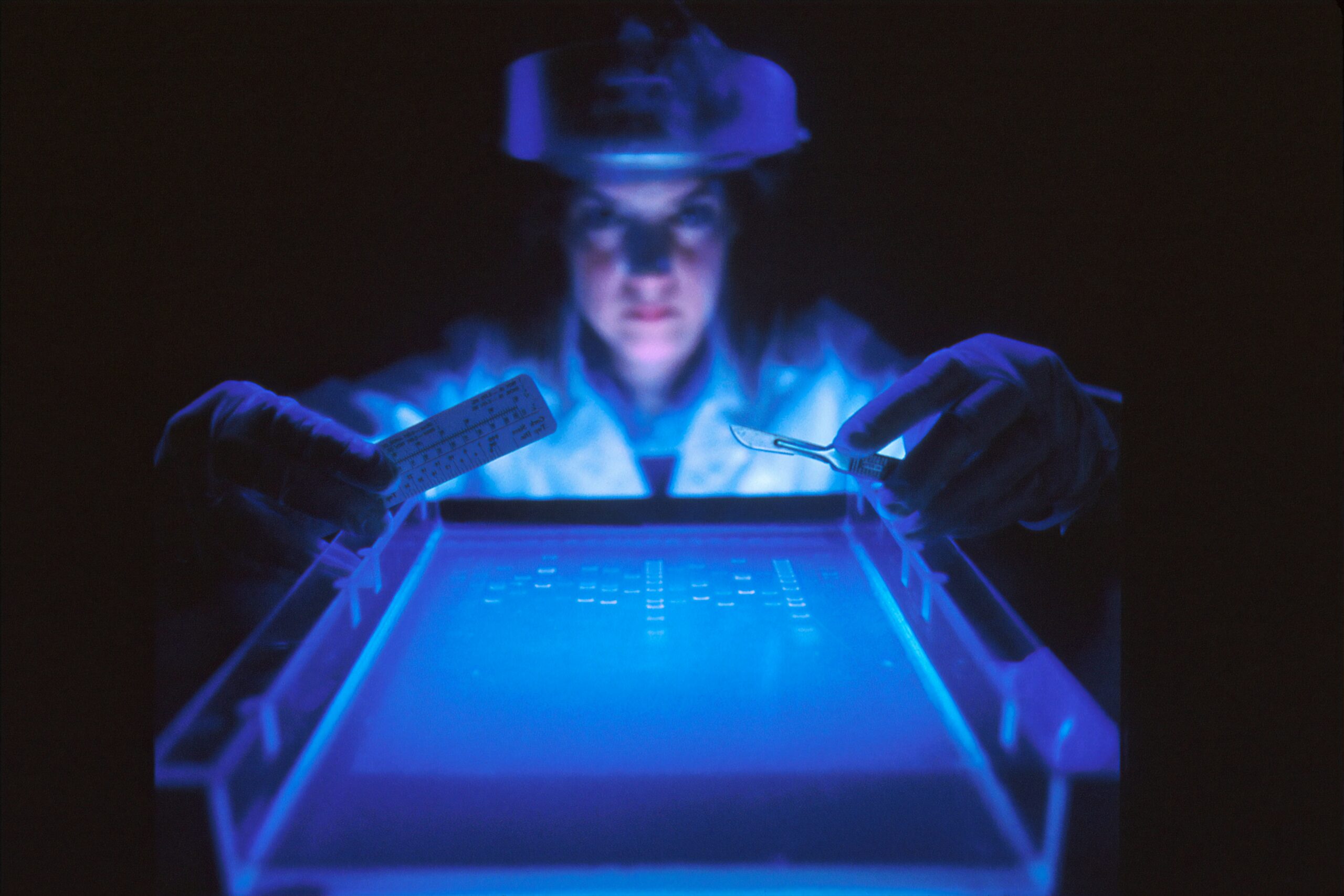Prostate cancer is a prevalent health concern faced by many men today. It is crucial to be aware of the signs and symptoms associated with this condition in order to detect it early and seek timely medical attention. From frequent urination to blood in urine or semen, understanding the various indicators can assist you in taking proactive measures for your well-being. In this article, we will explore the signs and symptoms of prostate cancer, ensuring that you are well-informed and equipped to tackle this potential health issue head-on.

Understanding Prostate Cancer
Prostate cancer is a type of cancer that affects the prostate gland, a small walnut-shaped gland located just below the bladder and in front of the rectum. The prostate gland plays a crucial role in the male reproductive system, as it produces and stores seminal fluid. Prostate cancer occurs when cells in the prostate gland start to grow uncontrollably, resulting in the formation of a tumor.
Risk factors associated with prostate cancer
While the exact cause of prostate cancer is unknown, several risk factors have been identified. Age is the most significant risk factor, with the majority of cases occurring in men over the age of 50. Family history of prostate cancer can also increase the risk, especially if a father or brother has been diagnosed with the disease. Other risk factors include ethnicity, with African American men having a higher risk than men of other races, and certain genetic mutations.
Importance of early detection
Early detection of prostate cancer is crucial for successful treatment and improved outcomes. Unfortunately, in its early stages, prostate cancer often does not cause any noticeable symptoms. This makes regular screenings and prostate-specific antigen (PSA) blood tests important for early detection. Early detection allows for timely intervention and can significantly improve the chances of successful treatment and recovery.
Signs and Symptoms of Prostate Cancer
Signs and symptoms are the body's way of indicating that something may be wrong. In the case of prostate cancer, signs and symptoms can vary depending on the stage and progression of the disease.
Defining signs and symptoms
Signs are objective observations that can be detected by medical professionals, while symptoms are subjective experiences reported by the individual affected. It is important to differentiate between signs and symptoms to accurately diagnose and treat prostate cancer.
Differentiating between signs and symptoms
Signs of prostate cancer may include abnormalities detected during a physical examination, such as an enlarged prostate or palpable lumps in the gland. Symptoms, on the other hand, are experienced by the individual and may include changes in urinary habits, pain, or discomfort.
Common Early Symptoms of Prostate Cancer
Recognizing early symptoms of prostate cancer can help prompt further investigation and timely intervention. While early-stage prostate cancer may not cause noticeable symptoms, there are some common signs to be aware of.
Frequent urination especially at night
One common early symptom of prostate cancer is the frequent need to urinate, especially at night. This can disrupt sleep patterns and may be accompanied by a sense of urgency or difficulty in fully emptying the bladder.
Difficulty in starting and stopping urination
Another common early symptom is difficulty in starting and stopping the flow of urine. This can be due to the pressure exerted by an enlarged prostate on the urethra.
Weak or interrupted urine flow
An early symptom that may indicate prostate cancer is a weak or interrupted urine flow. This can be caused by a blockage or narrowing of the urethra due to a tumor or an enlarged prostate.
Advanced Prostate Cancer Symptoms
As prostate cancer progresses, symptoms may become more pronounced and indicate advanced disease.
Painful urination
Advanced prostate cancer can cause pain or burning during urination. This can be a result of inflammation or the spread of cancer cells to surrounding tissues.
Presence of blood in urine or semen
The presence of blood in urine or semen, known as hematuria or hematospermia, respectively, can indicate advanced prostate cancer. Blood may be visible or only detectable through laboratory tests.
Dysfunction in sexual activities
Prostate cancer can affect sexual function, leading to erectile dysfunction or a decrease in libido. These changes can have a significant impact on quality of life and intimate relationships.

Symptoms Related to Metastasis
Metastasis occurs when prostate cancer spreads to other parts of the body. This can lead to the following symptoms:
Bone pain and fractures
Prostate cancer that has spread to the bones can cause pain, particularly in the spine, hips, or pelvis. It can also weaken the bones, leading to an increased risk of fractures.
Unexplained weight loss
Unintentional weight loss can occur as a result of prostate cancer spreading to other organs and affecting the body's metabolism. This can be a sign of advanced or metastatic disease.
Swelling in the lower extremities
In cases where prostate cancer has spread to the lymph nodes or blocked the lymphatic system, swelling can occur in the lower extremities, such as the legs or feet.
Prostate-Specific Symptoms
Certain symptoms are specific to the prostate gland and can help indicate the presence of prostate cancer.
Enlarged prostate
An enlarged prostate, also known as benign prostatic hyperplasia (BPH), can cause urinary symptoms similar to those of prostate cancer. While BPH is a non-cancerous condition, it is important to differentiate it from prostate cancer through further evaluation.
Inflammation of the prostate
Prostatitis, which is inflammation of the prostate gland, can cause symptoms such as pain or discomfort in the pelvic area, painful urination, and difficulty in emptying the bladder. While prostatitis is typically not associated with prostate cancer, it is essential to rule out malignancy.
Changes in prostate-specific antigen (PSA) levels
Routine PSA blood tests can help detect changes in PSA levels, a protein produced by the prostate gland. While an elevated PSA does not necessarily indicate prostate cancer, it can be a significant indicator for further investigation and monitoring.
Non-Specific Symptoms
Prostate cancer can also cause non-specific symptoms that are not exclusive to the disease but may warrant further evaluation.
General body discomfort
Some individuals with prostate cancer may experience general body discomfort or aches that cannot be attributed to a specific cause. This can be a result of systemic inflammation or the body's immune responses.
Loss of appetite
Loss of appetite or changes in eating habits can occur as a result of prostate cancer. These symptoms can contribute to weight loss and a decrease in overall energy levels.
Fatigue and decreased energy
Prostate cancer can cause fatigue and a decrease in energy levels, even with normal activities. This can have a significant impact on daily functioning and quality of life.
Asymptomatic Prostate Cancer
In some cases, prostate cancer may not cause any noticeable signs or symptoms. This is known as asymptomatic prostate cancer.
Understanding asymptomatic cases
Asymptomatic prostate cancer is often detected through routine screenings, such as PSA tests or digital rectal examinations, despite the absence of noticeable symptoms. Regular screenings are vital for detecting prostate cancer at an early stage when it is more likely to be curable.
Importance of regular screenings
Regular screenings are crucial for early detection, particularly for individuals at higher risk due to age, family history, or other predisposing factors. By undergoing regular screenings, any potential signs of prostate cancer can be detected and further diagnostic tests can be performed to confirm the presence of cancer.
Diagnosing Prostate Cancer
Diagnosing prostate cancer involves a multidimensional approach to confirm the presence of cancer and determine its stage and aggressiveness. Several diagnostic procedures are commonly used.
Role of physical examination
A physical examination, including a digital rectal examination, allows a healthcare provider to assess the size, shape, and texture of the prostate gland. Any abnormalities felt during the examination can prompt further investigation.
Importance of laboratory tests
Laboratory tests, such as PSA blood tests, can assess the levels of prostate-specific antigen in the blood. Elevated levels may indicate the presence of prostate cancer, but further evaluation, such as a biopsy, is necessary to confirm the diagnosis.
Use of imaging studies
Imaging studies, such as ultrasound, magnetic resonance imaging (MRI), or computed tomography (CT) scans, can provide detailed images of the prostate gland and surrounding tissues. These images help determine the size, location, and extent of the tumor.
Biopsy and its significance
A biopsy is the gold standard for diagnosing prostate cancer. During a biopsy, a small sample of prostate tissue is taken and examined under a microscope. This allows for a definitive diagnosis, as well as assessment of the cancer's aggressiveness and stage.
Public Awareness and Education about Prostate Cancer
Public awareness and education play essential roles in increasing the understanding of prostate cancer and promoting early detection.
Public health campaigns
Public health campaigns aimed at raising awareness about prostate cancer and the importance of regular screenings can educate individuals about the risk factors, symptoms, and available treatment options. These campaigns can encourage individuals to take action and seek medical advice when necessary.
Importance of family history
Educating individuals about the significance of family history in relation to prostate cancer can encourage them to share this information with their healthcare providers. Knowing about a family history of prostate cancer can prompt earlier and more regular screenings, improving the chances of detecting the disease in its early stages.
Age and lifestyle factors
Increasing awareness about the correlation between age, lifestyle factors, and the risk of prostate cancer can help individuals make informed decisions regarding their health. Encouraging a healthy lifestyle, including regular exercise, a balanced diet, and avoiding tobacco use, may help reduce the risk of developing prostate cancer.
In conclusion, understanding the signs and symptoms of prostate cancer is crucial for early detection and successful treatment. Regular screenings, knowledge of risk factors, and awareness of the various symptoms can significantly contribute to improved outcomes. By taking proactive steps, individuals can prioritize their prostate health and promote overall well-being.




